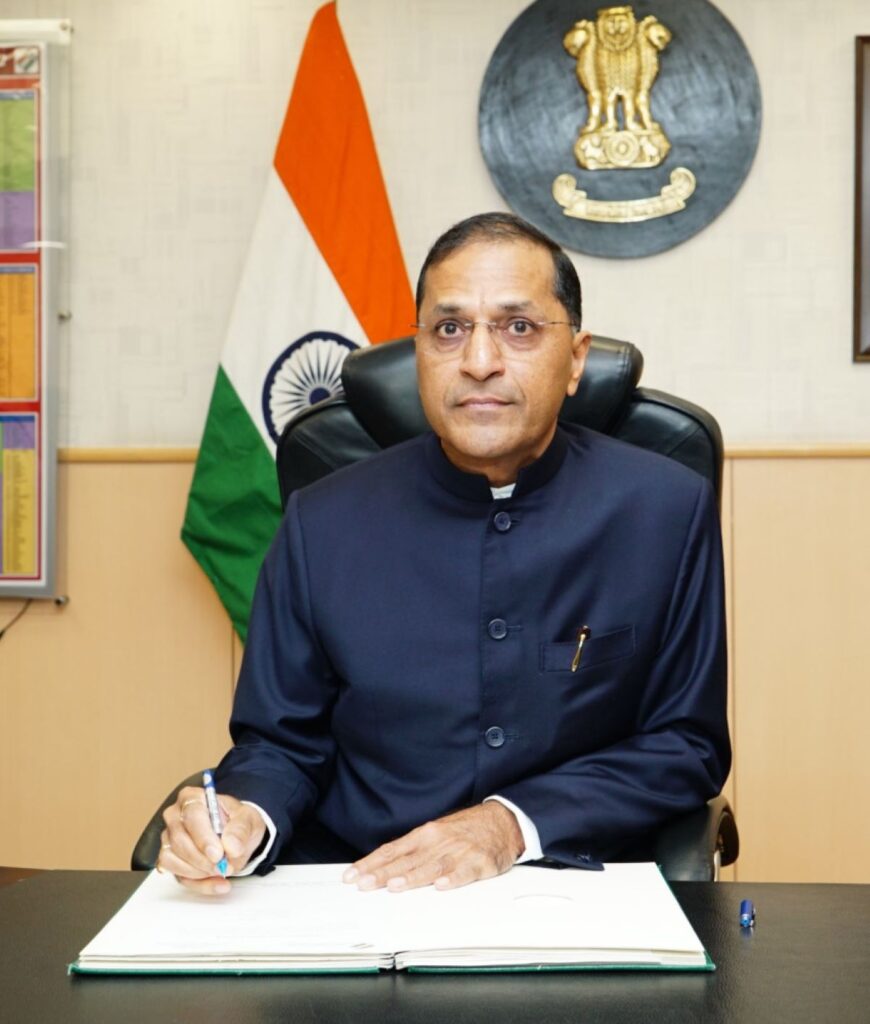New Delhi, Nov 23.
The Supreme Court on Wednesday sought to see for itself the mechanism followed by the government in appointing Arun Goel as an election commissioner just two days ago. To this end, the court demanded the files regarding his appointment.
A Constitution bench led by Justice K.M. Joseph is hearing pleas to examine ways and means to ensure that the Election Commission functions as an impartial, independent body as it is meant to be under the Constitution.
Yesterday, the top court had suggested that the selection panel for the posts include the Chief Justice of India too to ensure a broad-based consultation system for the appointments.
The CJI’s inclusion can be tricky as any recommendation by him would necessarily have to carry weight by virtue of him holding a high constitutional office. Justice Joseph conceded as much during the hearing today.
On the other hand, under the law, the President is expected to appoint the Election Commissioners. This places the President under an obligation to go by the Cabinet’s advice on the issue.
The government, through Solicitor General Tushar Mehta, opposed any judicial scrutiny of Goel’s appointment. Goel was appointed while the constitution bench hearing was on.
“Can we see the mechanism you adopted in the appointment you made 2 days ago?” Justice Joseph asked the Attorney General at one point in the hearing.
Joseph spoke after he had heard advocate Prashant Bhushan say that Goel was given voluntary retirement on Friday, a day after the court began hearing the case and was appointed soon after.
There was no cooling off period before the retired bureaucrat stepped in as an election commissioner as mandated under the law. Bhushan argued that he had also filed a plea to prevent any appointments while the court heard the case but the appointment was still made.
The bench though rejected Mehta’s arguments, insisting that it needed to see for itself what had prompted the appointment. The government will have to produce the documents tomorrow or claim privilege to deny the court access to the papers and draw its ire.
Mehta also opposed any attempt to let the judiciary have a say in the process of appointing election commissioners. The law doesn’t allow that. There’s a law which holds the field. There’s no vacuum for the court to step in, Mehta argued.
Justice Joseph, however, insisted that the system needed some change. “There’s a dire need for change,” Justice Joseph said.
There has to be larger body which selects those who will hold these posts. The person appointed as an election commissioner, Justice Joseph suggested, should be independent enough to take on the highest executive i.e., the Prime Minister if need be.
“He is supposed to be completely insulated,” Justice Joseph observed. He should also be non-political, Justice Joseph suggested, and be independent.
Yesterday too, the bench had observed that except the rare instance of T.N. Seshan who was fiercely independent very few others had stepped up to the challenge.
Justice Joseph also went on to observe that there were many reports suggesting reforms to the poll body but nothing had been done so far on this count.
The single member body was converted into a multi-member body in 1989 when the Congress was in power. It is headed by Chief Election Commissioner Rajiv Kumar now.
Opposition parties, political observers and civil society activists have accused the EC of playing a partisan role during elections ever since a majority government came to power in 2014.

